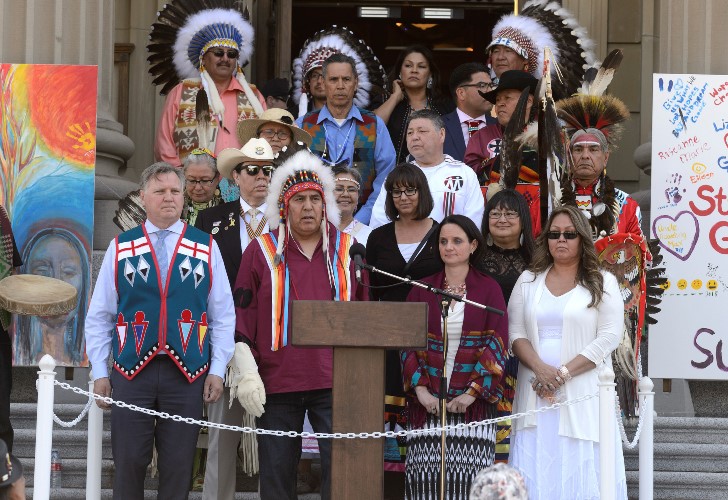

It doesn’t pay compensation for what happened to people individually,” he said. “This only pays compensation for the loss of culture. The Regina-based lawyer said this proposed class action settlement is only the beginning, not the end of dealing with Sixties Scoop matters. Schedule L, is a form in the agreement that is titled “Opt Out Form - Exclusion From Receiving Money” and it reminds readers often that they will not get any money if they opt out.ĪPTN Investigates asked Merchant if this settlement is the equivalent of a dangling a carrot for the poor and marginalized that may not compensate and remedy what happened to them in order to release the federal government from liability. The agreement-in-principle also states that if more than 2,000 eligible applicants opt out of the settlement, the whole agreement will be tossed out. Tony Merchant, Merchant Law Group LLP – Merchant and his team are one of four law firms designated to represent the plaintiffs and applicants for the Sixties Scoop class action lawsuit settlement. But the case against the federal government for each of these recipients of money, it will come to an end,” he said. We will still be able to go to the provincial governments on their behalf, and Merchant Law intends to do that. “By operation of law they won’t be able to sue the government of Canada for anything in connection with Sixties Scoop. He said the survivors are not giving up their right to sue anyone but the federal government by participating in this agreement. Tony Merchant of Merchant Law Group LLP, one of the four designated firms in the settlement and one of the lawyers who negotiated the terms of the agreement-in-principle, acknowledged that survivors accepting the settlement will give up their right to sue Canada. West LLP – McMillan doesn’t think the proposed settlement agreement is fair, reasonable or in the best interest of Sixties Scoop survivors across Canada. “Why are these law firms sacrificing these victim’s rights to sue for those abuses”? he asked. The lawyer said that if child and family service agencies had failed to seek restitution for children who were injured or abused during their time in care, those agencies could be liable for any lost compensation.

One lawyer, who did not want to be named, asked if clients were signing away their rights to sue provincial agencies that were responsible for them after they were taken into care. The IAP was part of the IRSSA that allowed survivors to be compensated for serious physical and sexual abuse.

And there is no equivalent of the Independent Assessment Process (IAP) in this agreement. The agreement-in-principle contains a clause that Sixties Scoop survivors who are eligible and decide to participate must release Canada from any further legal liability. That means Métis and non-status Indians are not eligible and will not be compensated under this agreement. A handful of survivors appear to have played some role in the negotiations but they are not lawyers and the document released last weekend is a highly technical legal document.Īs things stand right now, applicants must be able to check three boxes to be eligible for compensation under the settlement:ġ) they must be registered Indians or Inuit or eligible for registration,Ģ) they must have been adopted or made a permanent wardģ) they must have been placed with non-Indigenous parents. The four big firms – Merchant Law Group, Koskie Minskie, Wilson Christen, and Klein Lawyers – have worked out the agreement-in-principle with the federal government. Other law firms want in and are also fighting in court. Four large firms have taken court action to keep the entire Sixties Scoop matter for themselves. Lawyers across the country are competing to sign up clients. Sixties Scoop survivors will have a lot more to think about now that the proposed $750 million settlement agreement-in-principle has become public.Īs was the case with the Indian Residential Schools Settlement Agreement (IRSSA), the question now will be whether the clients’ best interests will be served and whether they will be provided with enough information to protect their own interests.


 0 kommentar(er)
0 kommentar(er)
